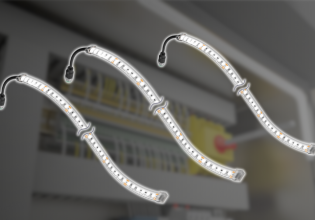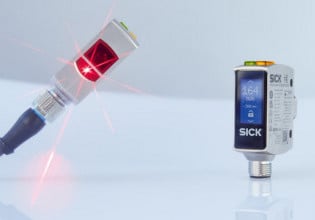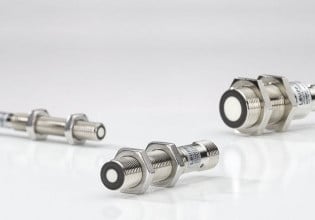M
A customer has a cascade set of PID function blocks written in Honeywell's Experion PKS system.
I have suggested changing the scan rate of the outer controller to 5 or 10 seconds (it's a temperature control) for better operation. Looking at the details offered by Honeywell, we can only raise the maximum scan rate to 2 seconds. Does anyone know how to increase this to 5 or 10 sec?
Honeywell has been no help (Non-English speaking country and not one of the languages I speak).
I have suggested changing the scan rate of the outer controller to 5 or 10 seconds (it's a temperature control) for better operation. Looking at the details offered by Honeywell, we can only raise the maximum scan rate to 2 seconds. Does anyone know how to increase this to 5 or 10 sec?
Honeywell has been no help (Non-English speaking country and not one of the languages I speak).






